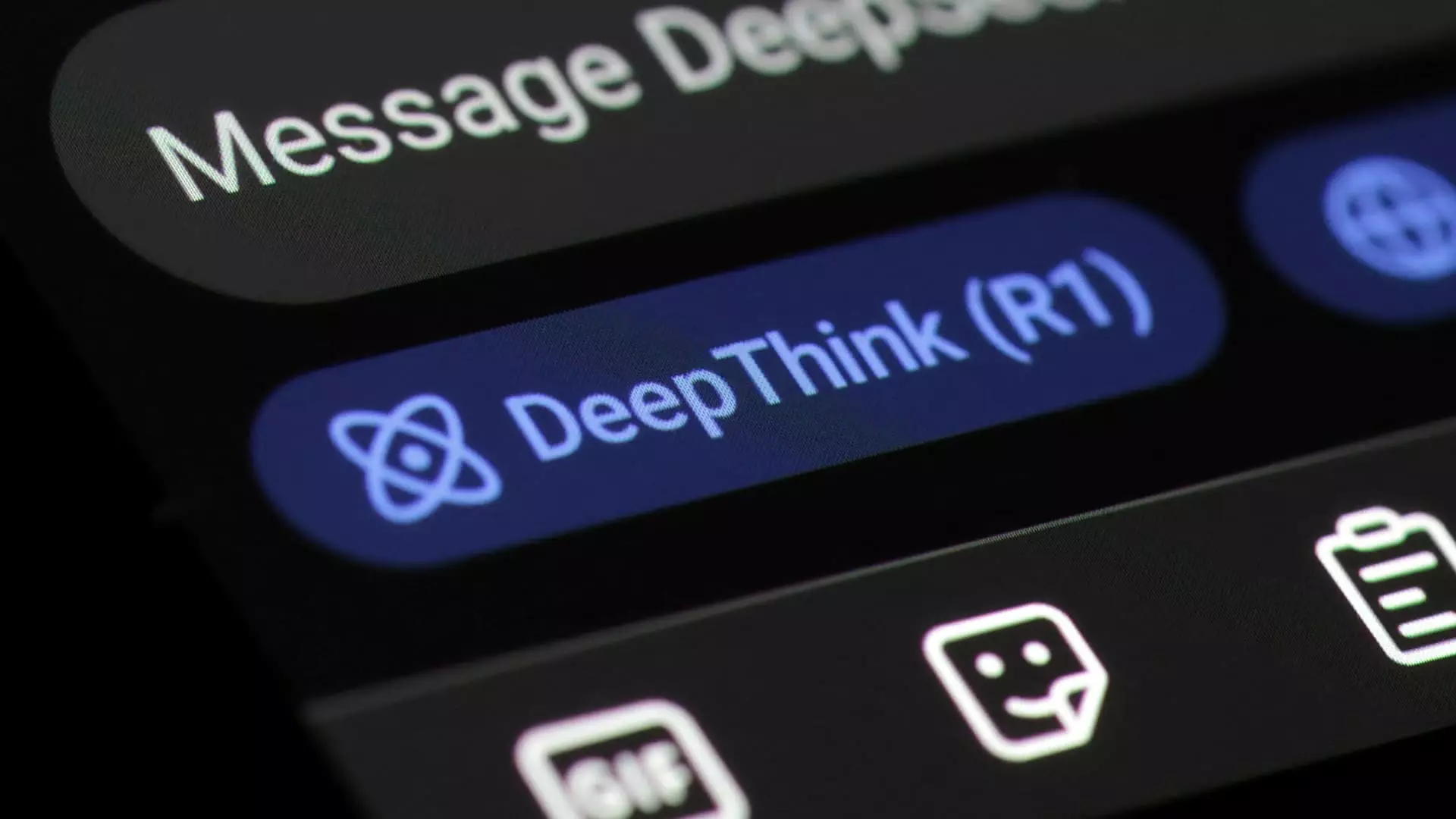In recent years, the competitive landscape of artificial intelligence (AI) has become characterized by rapid innovation and geopolitical tension. As nations like the United States and China vie for dominance in the technology sector, the issue of export controls on advanced semiconductor technologies has become crucial. This was brought to the forefront when Singapore’s Ministry of Trade and Industry (MTI) expressed concerns regarding the chips used by DeepSeek, a Chinese company that has claimed to outpace OpenAI’s performance at a fraction of the cost to develop its AI model.
The announcement by DeepSeek sparked a significant reaction within global markets, as investors were quick to evaluate the implications of a new competitor claiming superiority over established giants. The ability of DeepSeek to develop a large language model rivaling OpenAI’s at reduced costs raises critical questions about resource allocation and strategic partnerships within the tech industry. However, the excitement was dampened by inquiries into the sourcing of the semiconductors used in DeepSeek’s AI systems, particularly in light of stringent U.S. restrictions on technology exports to China.
Reports from Bloomberg indicate that U.S. officials are scrutinizing whether DeepSeek acquired advanced chips from prominent manufacturers like Nvidia through intermediaries in Singapore. This investigation highlights the complexities surrounding compliance with export regulations. In a statement, Nvidia reassured stakeholders that the chips appearing in DeepSeek’s systems complied with export control laws, indicating a commitment to legal and ethical business practices.
Singapore, as a significant hub for international business, serves as a critical point of intersection for American and European companies operating in the Asian market. The MTI’s assertion that it would continue to enforce export regulations, collaborating with U.S. agencies, underscores the importance of maintaining the rule of law in a globalized trading environment. This proactive stance is pivotal, especially as countries remain wary of technology transfers that could threaten national security.
As the landscape of AI and global trade continues to evolve, both technological innovation and regulatory compliance must be carefully balanced. Companies like Nvidia play a vital role in fostering a responsible approach to exporting advanced technologies while remaining competitive in the global market. The challenges posed by entities like DeepSeek illustrate the precarious nature of the current technological climate, where collaboration and competition coexist.
The ongoing developments surrounding DeepSeek and the responses of companies like Nvidia reflect the broader tensions between innovation and regulation in the high-stakes arena of AI technology. Moving forward, it will be crucial for all stakeholders to navigate this complex landscape, ensuring compliance with legal frameworks while fostering an environment conducive to groundbreaking advancements in technology.

